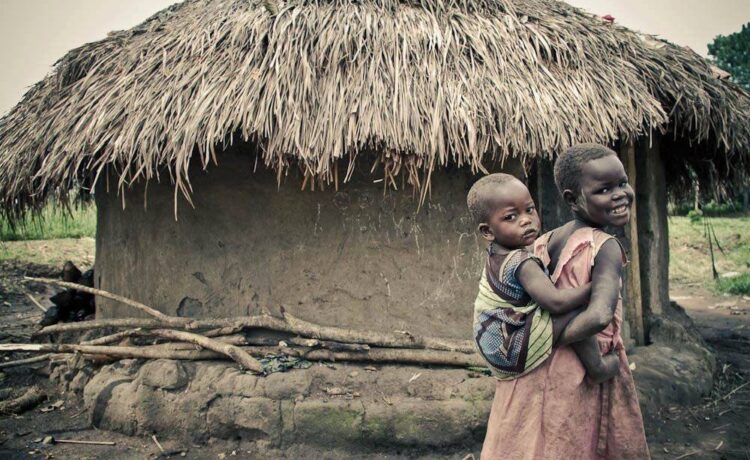From Recovery to Reality: Youth Still Left Behind
Once torn apart by civil war, displacement, and marginalization, Northern Uganda and West Nile now face a different kind of struggle—a generation of youth trapped in cycles of poverty, trauma, and political neglect. Though the bullets have stopped, the battles continue: for jobs, dignity, and a future worth believing in.
Across Gulu, Kitgum, Arua, Yumbe, Nebbi, and beyond, youth are calling out—not for charity, but for justice, opportunity, and recognition. They survived war and hosted refugees. Now, they demand more than empty promises.
The Crisis Facing Youth Today
Unemployment & Hopelessness
In both regions, thousands of young people—many educated—are jobless. The informal sector is oversaturated. Dreams die quietly in villages and urban slums where job creation never reaches.
“Even those with diplomas are boda riders. We study hard, but there’s nothing after.”
— Isaac, 27, Yumbe
Drug & Alcohol Abuse
Frustration has driven many into alcoholism, cannabis, and cheap drugs. Addiction is rising, but support systems are almost non-existent.
“I turned to drinking because there’s nothing for us here. Even NGOs skip the locals.”
— Moses, 24, Nebbi
Mental Health Crisis & Suicide
The trauma of war lingers, especially among former child soldiers and displaced youth. Depression, PTSD, and suicidal ideation are widespread—but there are few mental health services, and stigma silences those who suffer.
“I’ve lost two friends to suicide this year. We act okay, but many of us are breaking inside.”
— Peter, 31, Nwoya
“After leaving the bush, I hoped to become a teacher. But now, I just drink to forget.”
— Martin, 34, Pader
Family Breakdown & Lost Support Systems
Conflict and poverty tore apart many families. Today, broken homes and absentee parenting have left youth without guidance, emotional support, or safety nets.
“When my father died, our land was taken. I can’t farm. I can’t feed my child. I feel useless.”
— Sarah, 20, Amuru
The West Nile Perspective
Though part of Northern Uganda geographically, West Nile has a unique history and identity. It has long been politically marginalized and economically sidelined, despite being a hub for trade and refugee hosting.
Key Challenges in West Nile:
- Chronic underdevelopment despite international aid presence.
- High youth unemployment in urban centers like Arua, Koboko, and Zombo.
- Refugee-hosting stress, with little benefit to local youth.
- Neglected infrastructure and limited investment in youth innovation.
- Political tokenism: youth used during campaigns, then discarded.
“We host refugees with open arms, but no one asks how we’re doing. Our youth suffer in silence.”
— Juliet, 21, Arua
“Our region is treated like a border, not a priority. We are citizens too.”
— Fahim, 32, Koboko
Political Exploitation: The Common Betrayal
Whether in Kitgum or Yumbe, a painful reality unites these regions: youth are only visible when it’s politically convenient. T-shirts, promises, handouts—then silence.
“They use us during campaigns, then vanish when we need jobs, skills, or platforms.”
— Betty, 30, Oyam
“We speak out, and we’re called rebels. We stay silent, and we’re forgotten. What should we do?”
— Denis, 25, Agago
Northern Uganda and West Nile are not broken—they are resilient, strong, and ready. But resilience alone is not enough. These youth deserve real investment, not empty slogans. They are not statistics. They are future leaders, thinkers, and creators.
“Peace is not just silence. Peace is justice, jobs, and dignity for all.”
— National Youth Movement – Uganda

